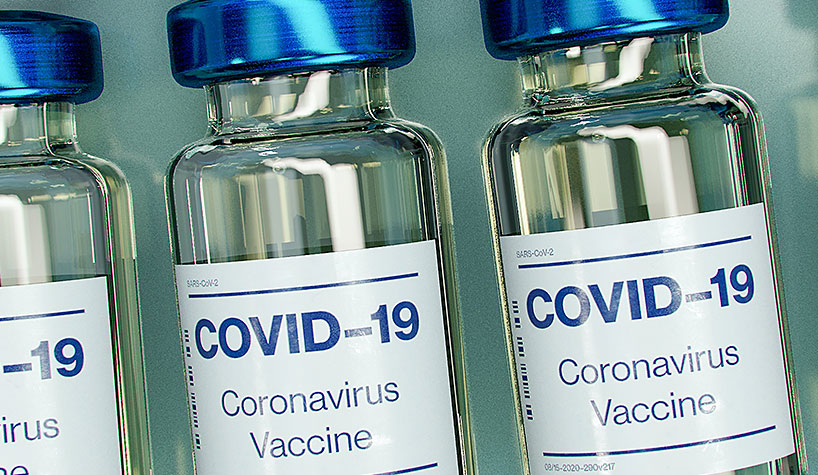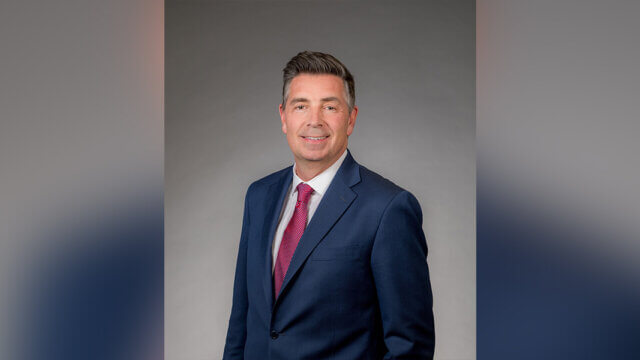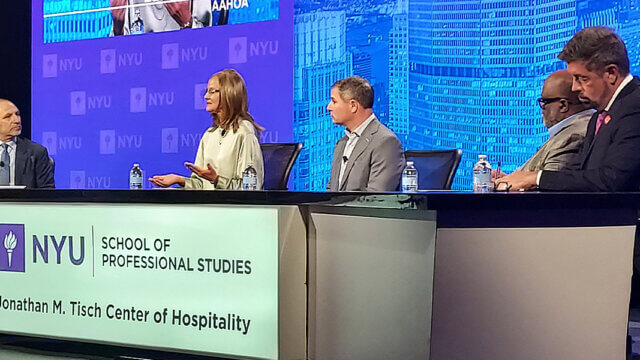WASHINGTON—As governors and state public health agencies begin to finalize COVID-19 vaccine distribution plans for the next 1b phase, the American Hotel and Lodging Association (AHLA) is calling on governors and state public health agencies to include hotel employees for inclusion in phase 1b of the vaccination rollout.
In a letter to New York Governor Andrew Cuomo, chair, and Arkansas Governor Asa Hutchinson, vice chairof the National Governors Association, Chip Rogers, president/CEO, AHLA, asked that hotel employees be included.
“As the rollout of the COVID-19 vaccine begins across the nation, we are now one step closer to ending the pandemic,” he wrote. “And as you are likely aware, the Centers for Disease Control and Prevention’s (CDC) Advisory Committee on Immunization Practices (ACIP) shared recommendations for allocation of the vaccine. Phase 1 of the CDC’s proposed rollout, split into three stages, prioritizes health care providers and long-term care residents (phase 1a), essential workers (phase 1b) and adults with high-risk medical conditions and adults 65 and older (phase 1c). Now, as governors and state public health agencies begin to finalize COVID-19 vaccine distribution plans, we urge states to consider hotel employees for inclusion in phase 1b of the vaccination rollout.”
He said that hotel workers are essential. “The Cybersecurity and Infrastructure Security Agency (CISA), a division of the Department of Homeland Security (DHS), classifies essential workers as ‘workers who conduct a range of operations and services that are typically essential to continued infrastructure viability,’” wrote Rogers. “CISA identifies ‘management and staff at hotels and other temporary lodging facilities that provide for COVID-19 mitigation, containment and treatment measures or provide accommodations for essential workers’ as essential workers. Hotels have been utilized as places to quarantine for many during the pandemic and helped support all levels of government by opening our doors to first responders and medical professionals for a place to stay closer to their hospital or place work as they provide around-the-clock care to patients.”
He continued, “Hotel employees also remain on the frontlines, and each day that they come to work, they welcome both global and domestic travelers, increasing their likelihood of contracting the virus. While hotels have protocols in place to ensure limited contact between employees and guests, prioritizing employees with access to the vaccine would provide another layer of protection.”
He also suggested that hotels could be used as vaccine distribution points. “Additionally, given their often close proximity to hospitals and critical infrastructure such as airports and interstates, hotels could potentially be utilized during vaccine distribution, therefore increasing the need for vaccine distribution among hotel employees,” he said.



